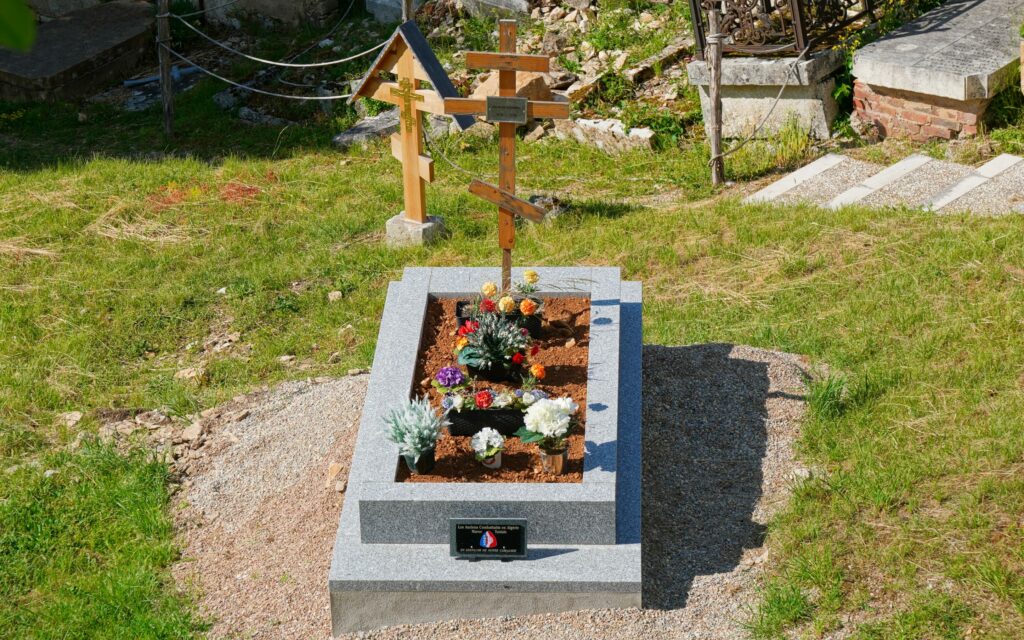Death is one major life event we all have in common. Sooner or later, we will all lose someone dear to us and so we should be prepared for it, says author Sherri Auger.
Countless delicate decisions are made in the days, weeks and months before and after the death of a loved one.
To help us find our way through these tumultuous times, Auger and journalist Barbara Wickens co-wrote Now What? – A Practical Guide to Dealing with Aging, Illness and Dying.
 Writing from a Catholic perspective, the authors, both of whom had to deal with the death of their parents, offer advice on everything from dealing with grief and making sound decisions to pre-planning and wrapping up an estate.
Writing from a Catholic perspective, the authors, both of whom had to deal with the death of their parents, offer advice on everything from dealing with grief and making sound decisions to pre-planning and wrapping up an estate.
“We outline the big issues you may have to grapple with and we walk you through the myriad details.”
Auger is a Toronto eldercare consultant, interfaith lay visitor and hospice palliative care provider. Wickens is an award-winning writer and editor.
Published by Novalis, Now What? is divided into two main parts – Understanding the Big Picture and Taking Care of the Details. Throughout, the authors include examples of how other people have handled similar situations.
Now What? has short chapters on several specific issues, including the effect grief can have on the body and mind and how to tell when you need to intervene and take responsibility for the well-being of an aging relative.
The authors also provide solutions on coping with one’s inner turmoil and information on whom to turn to for what. They even describe the range of experts one may need to consult and at what point in the process.
Auger said nowadays people tend to live longer with illnesses and so we have to be prepared.
“We have to prepare our houses, we have to put devices in our houses to keep them safe and make sure we have wheelchairs and walkers.”
Elderly parents who can’t get to the bathroom by themselves or can’t feed themselves would be better off in a nursing home.
Grief can be physically incapacitating and in many cases it starts well before the death of a loved one.
“People don’t realize sometimes how grief can truly affect your decision-making,” Auger said. “It’s also a physical thing. You also feel lethargic. When my mother passed away I couldn’t stop yawning. I was totally exhausted and that was a physical symptom from the grief and from all I had to deal with. But people need to appreciate and understand that what they are feeling is normal.”
Auger counselled, “Don’t rush back to work after the death of a loved one because once you do go back to work, people may forget that you are still grieving. People don’t mean to be inconsiderate, but you are back and they’ll just assume you are the same as you have always been.”
Now What? can be purchased online at www.officialnowwhat.com or at www.novalis.ca.

